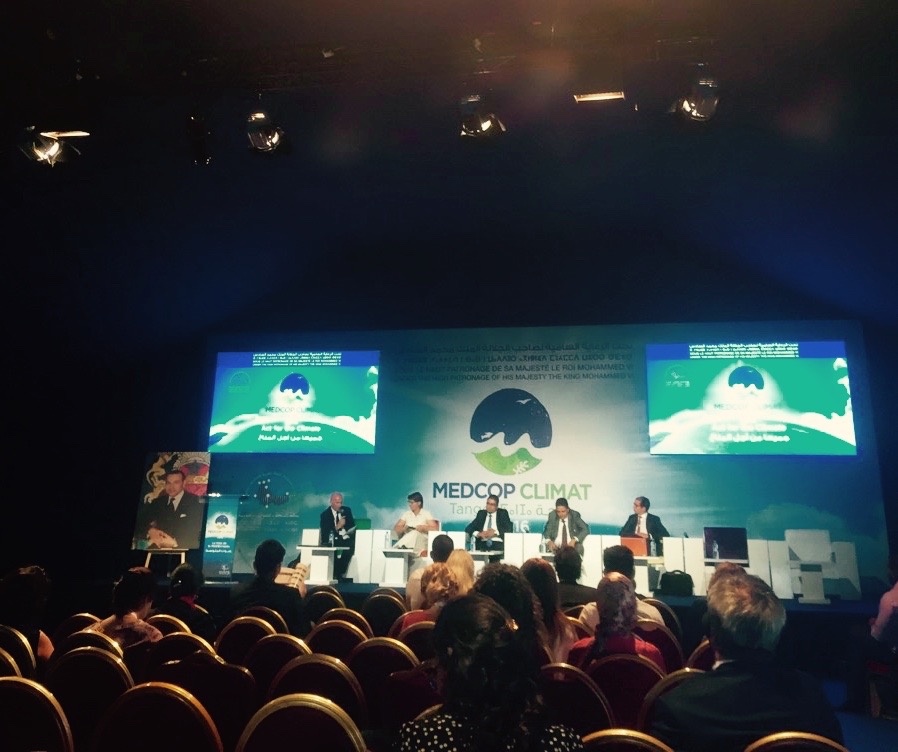Like this article? rabble is reader-supported journalism. Chip in to keep stories like these coming.
The status quo has brought us to where we are.
This is a world where 62 individuals own as much wealth as the bottom half of the world. Where this same bottom half accounts for only 10 per cent of total global emissions, while the richest 10 per cent are responsible for over half of global emissions. Where this top 10 per cent hold carbon footprints 11 times that of the bottom half, and 60 times that of the poorest 10 per cent.
Where 88 billionaires are mired in fossil fuel activities globally, and fossil fuel subsidies hover close to $500 billion. Where nearly two-thirds of all emissions recorded since the industrial revolution can be traced to 90 companies. And where the emissions churned out by the Global North tumble disproportionately into climate catastrophes across the Global South.
This is a world of unequal proportions. And to solve it we need radical reworkings.
As I arrived to MedCOP Climate 2016, a regional conference for key stakeholders engaged in climate change across the Mediterranean, these thoughts swirled through my mind. The conference brought together over 2,000 stakeholders from key civil society, government, policymaking and private industry sectors from the 22 Mediterranean states to Tangier, Morocco to solidify a regional approach to the climate crisis.
As I sat in a makeshift tent, blowing perilously in the winds of Tangier’s erratic sea, a high-level panel discussed the role of youth in a changing climate. A grand total of zero youth were among the panelists. To shake off the initial cynicism, I left to attend a roundtable discussion on energy transitions. However, as I stared into the seated panelists, overwhelmingly male, overwhelmingly grey-haired, overwhelmingly suit-and-tied, my eyes grew blurry and my ears began to drum from all the buzzwords that squeezed their way into the room.
Green jobs. Blue carbon. Eco-friendly. Green economy. Sustainability. There was nothing new, nothing different, nothing radical. Only different words for the same things.
I wondered, how many times can we fit the words “capacity building” into the same sentence and claim we have started the revolution?
The solutions proposed seemed to be a game of words, a simple rebranding to tick the green boxes, a lecture caught in the same spinning circle. These phrases continued to ring a repetitive song throughout the conference, and I tumbled into a terrible walk down memory lane as I recalled all the conferences I had attended with catchy themes and disappointing content.
After all, the climate crisis needs much more than merely new wording. It needs an entire makeover, disappearing the subsidies to fossil fuels, divesting universities, peeling away extractive industry lobbyists from politicians, and slapping on heavy carbon taxes to big polluters. And potentially we could save the dollars pumped into the appetizers, per diems and five-star hotel bookings of lavish conferences, and instead transfer them to investment in renewables or climate finance.
The goals of these gatherings have always been positive. Climate justice. Equity. Resilience. But somewhere between the drawn-out keynote addresses, the pampered coffee breaks, and the outdated slideshow presentations, the point seems to be lost. There ends up being 200+ climate advocates gathered in one room yet they are all staring at the same seven speakers. This probably is not the best use of those 200+ individuals.
So maybe it is time to redefine the game and the processes that we believe bring about progress. Something centred around interaction, dynamism and creativity. Because one thing is for certain: to solve the climate crisis, we need to be uncomfortable, we need to walk on new terrain.
We will not get there by moving in circles through conference halls, assigning the same agreements with new titles and renaming it progress. We cannot simply greenwash our vocabulary and say we’ve solved the crisis. Buzzwords will not save us.
Like this article? rabble is reader-supported journalism. Chip in to keep stories like these coming.



